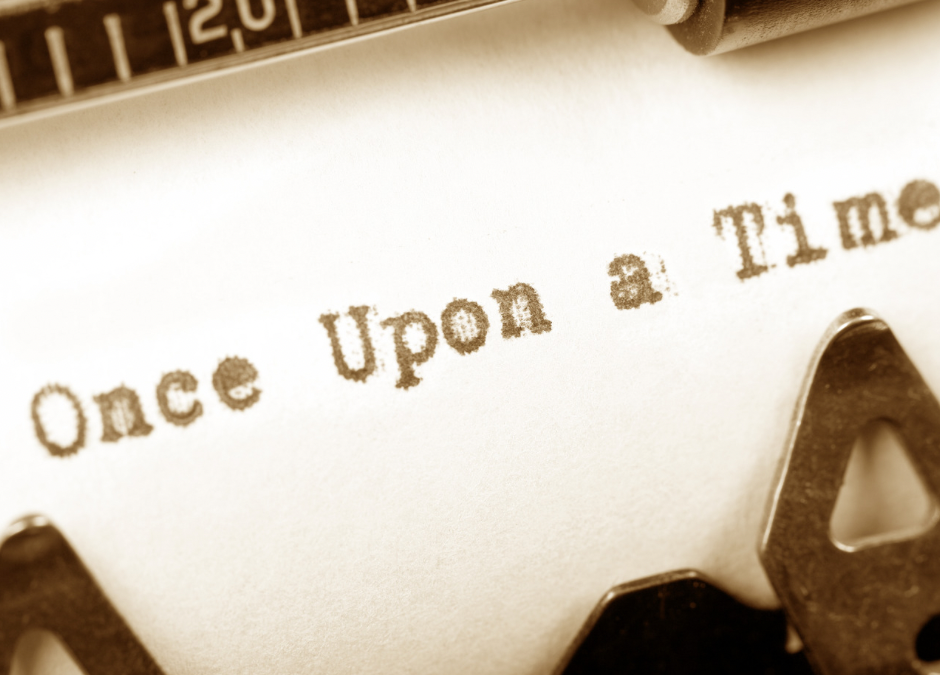IGCSE First Language English (0500) – What’s On Papers 1 and 2? (Reading and Writing)

In IGCSE English 0500, you have to read and respond with understanding to a rich range of reading texts during the course as a whole as well as during the exam. And what do you as a student have to do? You’ll need to use these texts to inform and inspire your own writing, as well as write in a range of text types for different purposes and audiences.
If you’re just transitioning from performing simple writing in a syllabus that doesn’t require this, you might think to yourself… Doesn’t this sound awfully challenging?
It is, especially if you’re not prepared for it.
Maybe you’ve studied for years, written essays, gone through countless classes with your teachers… But are you ready to embark on the journey of preparing for the IGCSE First Language exam?
As it turns out, the answer to that question in many cases is no.
Trust me, many students still are unprepared even by the time they reach exam day, and teachers often find frustration in having to guide their students on an ad hoc basis when something more significant and deeper is required.
This resource exists to bridge that gap.
While it seems like it may be a daunting task, you are here for a reason – so let’s learn about the challenge you’re about to take on!
The Plan:
We will start by talking about the syllabus as a whole and the specific ways in which you will be assessed in the assessment overview section; you can read it here in full, but I’ll try to write in a simple and conversational way to make sure that you understand what you need. Moving on, I’ll speak more generally about reading skills and writing skills and how to develop them before ending this post.
How fortunate that you’re here!
Anyway, let’s go on to the assessment overview.
As an IGCSE First Language English candidate, you can get your grade by either taking:
a) Paper 1 and Paper 2 together.
b) Paper 1 and Component 3 (coursework) together.
Coursework is a bit different and not related to this, but we will talk about it soon!
There are only two exam papers, and we will break them down for you.

Paper 1 – Reading – 2 hours (50%)
All candidates will take this paper. Candidates answer five compulsory questions on three texts, texts A, B, and C, and answer five questions in two hours.
The exam paper consists of the following tasks:
Comprehension task: This question requires candidates to respond to Text A and Text C. Candidates respond to a series of sub-questions. These include short answer questions testing understanding of both explicit and implicit meanings (more on this later!).
Summary task: This question requires candidates to respond to Text B. Candidates write their summary as continuous writing in their own words. The length is in the range of 100 to 120 words.
Language task: this question requires candidates to respond to Text C. Candidates comment on the effect of selected phrases in about 200–300 words.
Lastly, the exam requires students to write an Extended Response Question in response to Text C.
The Extended Response will take the format of one of the following text types:
- Letter
- Report
- Journal
- Speech
- Interview
- Article
…So it’s crucial that you develop a strong understanding how to write each one of these! There will be more posts about this in the future, so make sure to follow this space!
Having gone over and understood Paper 1, let’s now proceed to Paper 2.
Paper 2 – Directed Writing and Composition – 2 hours (50%)
If you choose not to take the Coursework Component 3, you’ll be doing Paper 2.
Paper 2 has two questions requiring candidates to do two writing tasks which are:
- Directed Writing
- Composition Writing
These papers are where you’ll demonstrate the writing skills that you’ve cultivated throughout the course of your course, in slightly different ways.
Section A Directed Writing
This is what candidates have to do:
- Candidates answer one compulsory question on two texts totalling 650–750 words in length.
- Candidates use, develop and evaluate the information in the texts to create a persuasive speech, letter or article. The length is 250–350 words.
Section B Composition
Here is what you’ll have to do:
- Answer one question from a choice of four titles: two descriptive essay questions and two narrative essay questions.
- Use the title to develop and write a composition.
- Write about 350–450 words.
Now, let’s talk more generally about what these exams assess: Reading skills and Writing skills.
We will talk more deeply about the assessment objectives in another blog post later on, but for now I will list them, alongside some thoughts about how to do well.
What do reading questions require you to do?
AO1 Reading
You will be assessed on your ability to:
R1 demonstrate understanding of explicit meanings
R2 demonstrate understanding of implicit meanings and attitudes
R3 analyse, evaluate and develop facts, ideas and opinions, using appropriate support from the text
R4 demonstrate understanding of how writers achieve effects and influence readers
R5 select and use information for specific purposes.
On the other hand…
What do writing questions require you to do?
A02 Writing
You will be assessed on your ability to:
W1 articulate experience and express what is thought, felt and imagined
W2 organise and structure ideas and opinions for deliberate effect
W3 use a range of vocabulary and sentence structures appropriate to context
W4 use register appropriate to context
W5 make accurate use of spelling, punctuation and grammar.
These skills take time to develop, and often require extra work and passion for the English language outside of the classroom in order to develop in the best possible way.
To understand meanings, for example, you must regularly be exposed to them – to analyze and evaluate well, you should be immersed in an environment that supports that. To appreciate effects, you must begin to think about language on the meta level as a form of communication and consider how it is used in various ways as you develop the capacity for critical thinking; to select and use information effectively, you must be discerning, understand context, and make good decisions.
All in all, to understand the three unseen texts that you’ll see and respond effectively, you need targeted and intelligent practice, some good habits of reading (this would be ideal!), good examples (to be provided on this blog in the members’ section), and potentially if needed, targeted tutoring and guidance to ensure that you can perform to the very best of your abilities.
In the meantime, do use this blog in collaboration with your English teacher and not replace them (this blog and the classes offered here reflect these collaborations!) make sure that you complete all your reading assignments, and make sure that you also practice active learning in class – make sure to actively read the texts and try to discuss the texts with your teacher and classmates, because it is what makes the difference between two students who spend the same amount of time studying but take on different strategies – the one who studies smart and studies consistently will tend to do better per unit time, have more free time, and end up achieving better results, and the learning that you’ll develop from that process is going to be much deeper and more valuable than what you would get simply by reading alone.
Do feel free to look at some of the blog posts here to support your knowledge – they are designed to help you learn how to write on a much higher level than you otherwise would through most conventional methods.
We’ll talk much more about the content of the exam and how to do well in it in the days ahead 🙂
Till our next one!




IGCSE English 0500 Assessment Objectives, Part I: Reading – FirstLanguageEnglish.com
[…] this post, we’ll continue the discussion that we had in the previous post, which outlined the exam structure for Papers 1 and 2 on the IGCSE by going over some of the assessment objectives in the Writing and Reading components of the IGCSE […]
Armando Lance
To the englishfirstlanguage.net owner, Keep it up!
victortanws
Thank you for the kind words! I will keep on doing better!